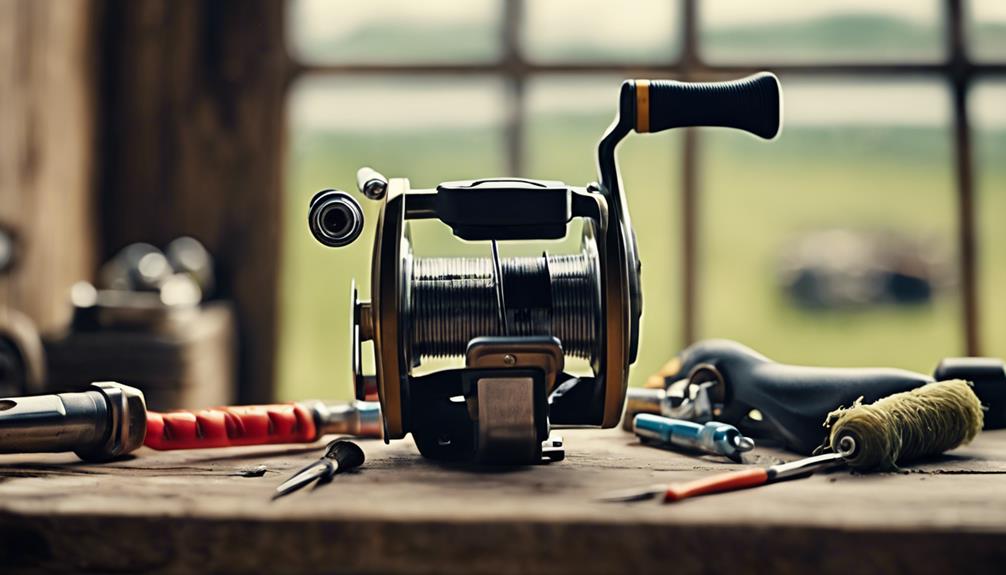Understanding the Therapeutic Benefits of Veterans Fly Fishing
Fly fishing has long been celebrated as a peaceful and meditative activity, but for veterans, it can serve as a powerful therapeutic tool. Many veterans returning from service experience various forms of mental and emotional stress, including PTSD, anxiety, and depression. Engaging in veterans fly fishing programs offers a unique way to connect with nature, find solace, and promote healing. The rhythmic motion of casting a line, the tranquility of water, and the camaraderie of fellow veterans create an environment conducive to recovery. By immersing themselves in the outdoors, veterans can experience a sense of calm and clarity that often eludes them in daily life.
The Role of Nature in Mental Health for Veterans
The connection between nature and mental health is well-documented. Studies show that spending time outdoors can significantly reduce stress levels and improve overall well-being. For veterans, fly fishing not only provides an escape from their everyday struggles but also helps foster a sense of purpose. The act of fly fishing requires focus and skill, allowing veterans to immerse themselves fully in the moment. This mindfulness, combined with the beauty of natural surroundings, can lead to reduced symptoms of anxiety and depression. Programs that promote veterans fly fishing often emphasize the importance of this connection to nature, helping participants rediscover joy and peace in their lives.
Building Community: The Social Aspects of Veterans Fly Fishing
One of the most beneficial aspects of veterans fly fishing programs is the sense of community they foster. Many veterans face isolation after returning from service, which can exacerbate feelings of loneliness and depression. Through shared experiences on the water, veterans can connect with others who understand their struggles. This camaraderie creates a supportive environment where participants can share stories, challenges, and triumphs. The friendships formed during these outings can be invaluable, providing a network of support that extends beyond fishing trips. By participating in veterans fly fishing programs, individuals can rebuild social connections that are crucial for mental health and well-being.
Getting Started: How Veterans Can Join Fly Fishing Programs
For veterans interested in exploring fly fishing as a therapeutic outlet, several organizations and programs are dedicated to this cause. Many nonprofits and community groups offer free or low-cost fly fishing workshops specifically designed for veterans. These programs often provide all necessary gear and instruction, making it accessible for those with little to no prior experience. Interested veterans can search online for local fly fishing clubs or organizations that focus on veterans’ services. Social media platforms and veteran-specific forums are also excellent resources for finding information about upcoming events and trips. Getting involved in veterans fly fishing programs can be a rewarding experience that opens the door to new friendships and skills.
Fly Fishing Techniques: A Beginner’s Guide for Veterans
For those new to veterans fly fishing, understanding basic techniques can enhance the experience. Fly fishing involves using a lightweight lure, known as a fly, to catch fish. Veterans can start by learning essential casting techniques, such as the overhead cast, roll cast, and sidearm cast. It’s important to practice these skills in a relaxed environment before heading out to the water. Additionally, understanding the types of flies and their uses can improve success rates during fishing trips. Many veterans fly fishing programs offer hands-on instruction to help participants develop these skills, ensuring that everyone feels confident and capable on their fishing adventures.
The Emotional Impact of Veterans Fly Fishing
The emotional impact of veterans fly fishing cannot be overstated. Many participants report significant improvements in their mental health after engaging in these programs. The combination of being outdoors, learning new skills, and connecting with peers can lead to increased self-esteem and a renewed sense of purpose. For veterans coping with trauma, fly fishing provides an opportunity to release pent-up emotions in a supportive environment. The peaceful nature of the activity allows for moments of reflection and healing, making it a valuable outlet for emotional expression. Veterans often find that the simple act of being on the water can provide clarity and a sense of hope for the future.
Sharing Stories: Veterans Fly Fishing Success Stories
Numerous success stories highlight the profound impact of veterans fly fishing programs. Many veterans have shared how these experiences helped them overcome personal challenges and foster a sense of belonging. For instance, a veteran named John discovered fly fishing after struggling with PTSD. Through a local veterans fly fishing program, he found not only a new hobby but also a community that understood his journey. John credits fishing with helping him manage his symptoms and reignite his passion for life. These stories serve as powerful reminders of the potential for healing and transformation that veterans fly fishing can offer.
Conclusion: Embracing the Healing Power of Veterans Fly Fishing
In conclusion, veterans fly fishing represents more than just a recreational activity; it is a vital tool for healing and connection. The therapeutic benefits of spending time in nature, combined with the opportunity to build community and learn new skills, make fly fishing an ideal outlet for veterans seeking solace and support. By participating in these programs, veterans can find a renewed sense of purpose and camaraderie, helping them navigate the challenges of post-service life. As more organizations embrace veterans fly fishing, the potential for positive change in the lives of those who served continues to grow. Whether you’re a veteran looking to connect with nature or someone who wants to support these initiatives, there’s no better time to embrace the healing power of veterans fly fishing.
